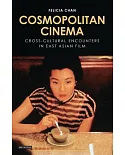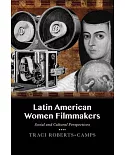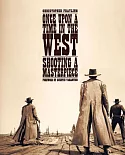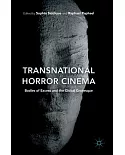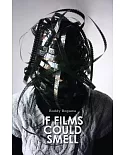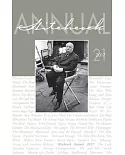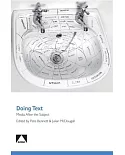This book focuses on the micro-political implications of the work of Gilles Deleuze (and Félix Guattari). General philosophical articles are coupled to more specific analyses of films (such
as Fight Club and Schindler's List) and other expressions of contemporary culture. The choice of giving specific attention to the analyses of images and sounds is not only
related to the fact that audiovisual products are increasingly dominant in contemporary life, but also to the fact that film culture in itself is changing ("in transition") in capitalist
culture. From a marginal place at the periphery of economy and culture at large, audiovisual products (ranging from art to ads) seem to have moved to the centre of the network society, as
Manuel Castells calls contemporary society. Typical Deleuzian concepts such as micro-politics, the Body without Organs, becoming-minoritarian, pragmatics and immanence are explored in their
philosophical implications and political force, whether utopian or dystopian. What can we do with Deleuze in contemporary media culture? A recurring issue throughout the book is the
relationship between theory and practice, to which several solutions and problems are given.


